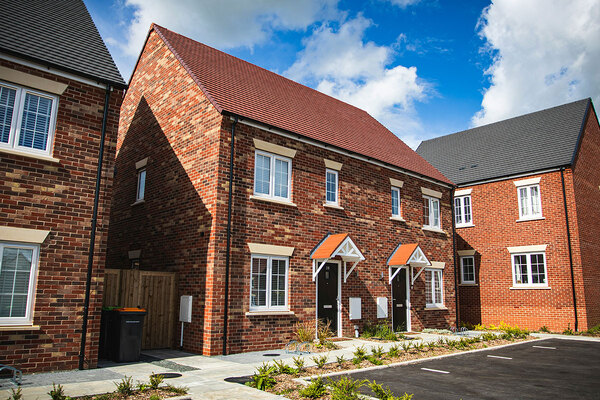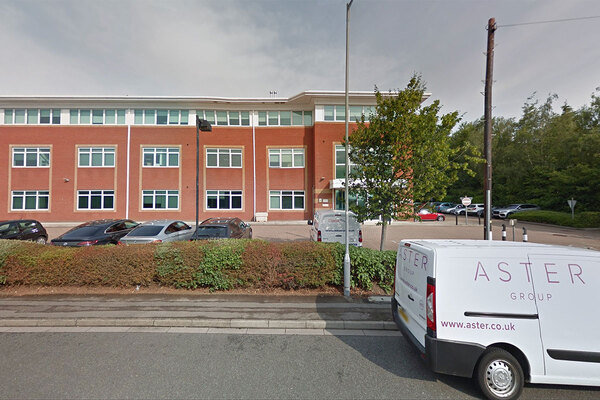You are viewing 1 of your 1 free articles
Service charge reform promised under new shared ownership code
A new voluntary code for shared ownership is set to enter a pilot phase, with housing providers taking part required to make sure service charges are transparent and affordable for customers.
The pilot will run between December 2024 and March 2025 at eight providers.
The code is led by the Shared Ownership Council (SOC), a cross-industry body focused on improving shared ownership and expanding the market.
Its backers include Lloyds Bank, Leeds Building Society, L&Q, LiveWest, Platform, L&G Affordable Homes, Heylo and Clarion.
The pilot comes after a national consultation, which drew responses from more than 1,700 current and prospective shared owners, as well as lenders and housing providers.
Half of consumers surveyed thought a code would drive better outcomes for shared owners, with just one in three people happy with their experiences in shared ownership.
Just 21% of shared owners said they would recommend shared ownership to a friend.
Three-quarters of industry respondents believed the code would improve outcomes for consumers.
The latest version of the code reflects feedback on issues such as the sales process, clarity of information, service charges, lease extensions and staff training.
All providers that sign up to the code must follow the Greater London Authority Service Charges Charter, even if the property was not grant funded and is not in London.
This means that service charges “must be in line with what is affordable for the intended client group”.
If they do not control the service charge, they have to ensure the “initial service charge is affordable” and the scope is “reasonable” for the tenure.
Providers will need to give customers a service charge information document (SCID) at the point of sale and every year, which includes scenarios of where it might change and gives estimates of the service charges, as well as asset management programmes.
If they are not directly in control of the service charge, the code requires them to work with the managing agent or freeholder to get this information and make sure it is reasonable.
Where actual charges are more than 10% above the initial estimated charge for the year, the provider will have to explain why the costs were higher.
They must also publish and share a list of any additional fees and charges, which is to be updated annually.
The SOC said it would look into “how to determine a common set of fee categories across all providers” and explore the potential for defining regional benchmarks in the pilot.
“The format and detail of the SCID will be explored in greater detail in the pilot,” it said.
The code also includes a 14-day cooling-off period (in which customers can cancel and receive a refund of the reservation fee), an extension of the defects liability period to 24 months and improved reporting of staircasing data.
Providers must also give lease extensions to shared owners “up to the housing provider’s interest and do so at a price that reflects their share of the legal costs only”.
Ann Santry, chair of the SOC, said: “While the code marks a significant step toward ensuring all those who enter shared ownership have the experience they expect, we understand that it cannot address all the challenges that shared owners face.
“Broader reforms, including legislative support, remain essential to achieving further lasting improvements in shared ownership.”
Paula Higgins, chief executive of the HomeOwners Alliance, said: “For this code to have credibility and to make a real difference to make shared ownership better and fairer for all, there needs to be buy-in from shared owners. That’s why we are grateful that more than 1,700 people contributed to our consultation.”
Jamie Ratcliff, chair of the SOC’s advisory group and chief communities and sustainability officer at SNG, said it was clear “there are elements of the shared-owner experience which are not yet consistently good enough”.
“I’m confident that this code is a positive first step to improve the experience of current and future shared owners and will also help the market to evolve and grow,” he added.
The SOC said it will launch the code more widely in spring 2025. It will also be looking to launch a code for lenders and mortgage intermediaries, alongside further pilots with those organisations.
The Ministry of Housing, Communities and Local Government and Homes England were recently left “taken aback” and “unimpressed” by an MP-led inquiry into shared ownership, according to emails.
A report published at the end of March called for “urgent” reforms to shared ownership, after an inquiry found uncapped service charges, rising rents and unfair maintenance costs meant it was unaffordable.
Sign up for our regulation and legal newsletter
Already have an account? Click here to manage your newsletters












